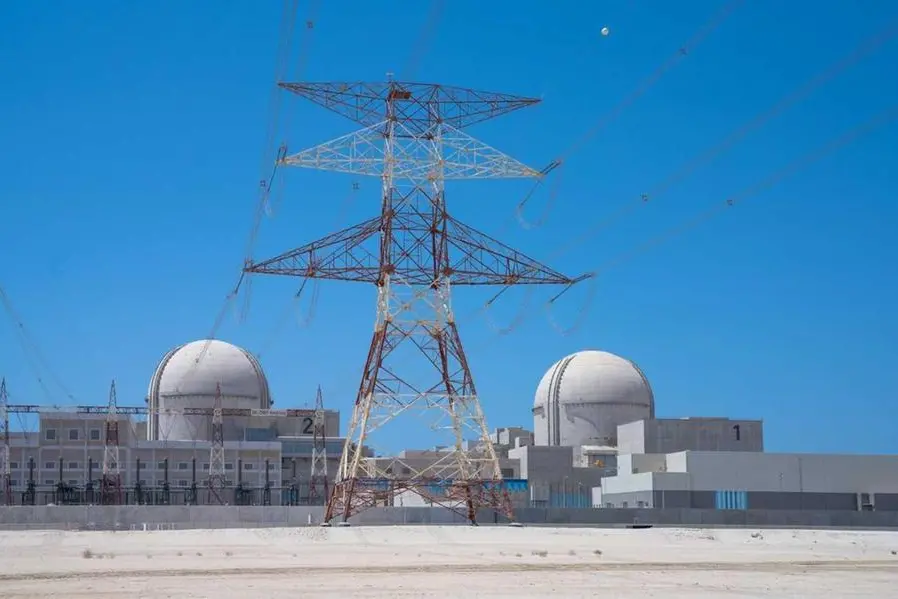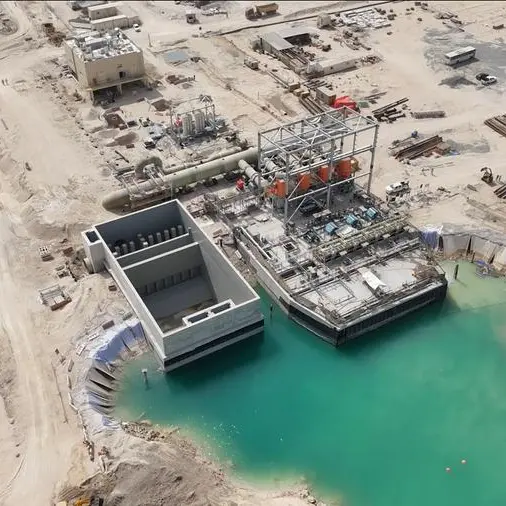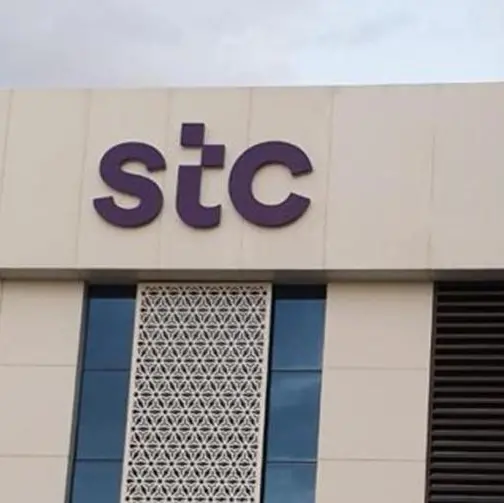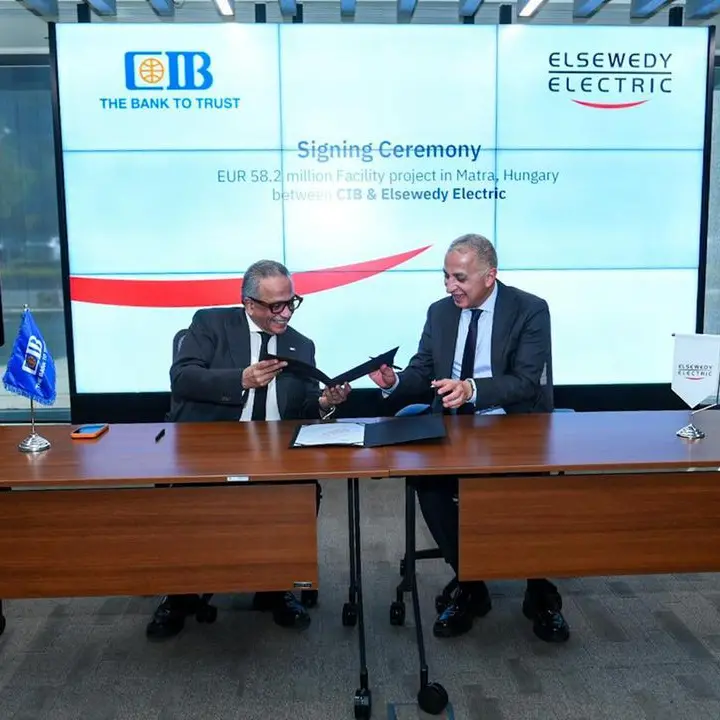PHOTO
The start of Unit 2 commercial operations of UAE’s Barakah Nuclear Energy Plant is an impressive achievement that puts the country well on course to deliver its targets for carbon free electricity and net zero by 2050.
This is according to William D Magwood, Director General of the Organisation for Economic Co-operation and Development Nuclear Energy Agency (OECD/NEA) who visited the Barakah Nuclear Energy Plant, the Arab world’s first multi-unit nuclear energy plant.
“It’s also a lesson to the world that new nuclear power plants can be built on schedule, within budget and by a country without a long history in nuclear energy,” said Magwood.
Barakah is now generating double the amount of zero-carbon electricity with the recent start of Unit 2 commercial operations as it powers the sustainable growth of the UAE.
Units 3 and 4 in the final stages
He witnessed the progress at Unit 1 and Unit 2, both of which are commercially operational and generating clean electricity 24/7. Units 3 and 4 are in the final stages of commissioning, with Unit 3 already undergoing operational readiness preparations.
The development of the Barakah Plant as a whole is now more than 96% complete. Once operational, the four Units of the Barakah Plant will produce up to 25% of the UAE’s electricity needs and will prevent 22.4 million tonnes of carbon emissions every year.
Magwood was welcomed by Hamad Ali Al Kaabi, UAE Ambassador to Austria, and Permanent Representative of the UAE to the International Atomic Energy Agency (IAEA), Mohamed Ibrahim Al Hammadi, Managing Director and Chief Executive Officer of the Emirates Nuclear Energy Corporation (Enec), and senior leadership team members.
UAE model a successful case study
Magwood received an update on the project, toured a number of the Barakah Plant facilities, and met with some of the key members of the Emirati-led team operating and maintaining the plant.
Al Kaabi commented: “The Nuclear Energy Agency remains an important partner as we continue to deliver the UAE Peaceful Nuclear Energy Programme, and we look forward to building on this cooperation in offering the UAE model as a successful case study for other nations looking to develop nuclear energy plants for the first time, or to expand their existing fleet, enhancing energy security and grid reliability with low carbon technology.”
Al Hammadi said: “We were honoured to welcome Magwood to Barakah to demonstrate our continued advancement in delivering a strategic low carbon electricity source for the Nation to power the development of a net-zero economy. The Barakah Plant is the largest clean electricity generator in the country, rapidly accelerating the decarbonisation of the UAE’s power sector.”
The NEA is an intergovernmental agency that facilitates co-operation among countries with advanced nuclear technology infrastructures to seek excellence in nuclear safety, technology, science, environment, and law. It operates within the framework of the Organisation for Economic Co-operation and Development (OECD).
Copyright 2022 Al Hilal Publishing and Marketing Group Provided by SyndiGate Media Inc. (Syndigate.info).





















